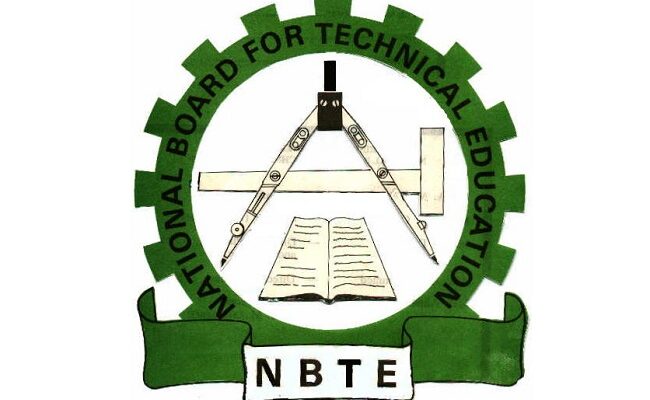THE executive secretary, National Board For Technical Education (NBTE), Professor Idris Bugaje, has lamented that the huge resources and efforts being committed to research by tertiary institutions in Nigeria over time have not yielded the desired results.
He said for the country to get it right, there must be a synergy between polytechnics and universities to enhance the conduct of innovative researches.

Bugaje spoke during an interactive meeting with rectors and directors of research of polytechnics on National Research Fund (NRF) grants, organised by the Tertiary Education Trust Fund (TETFund), held in Abuja.
“Research in Nigeria is not yielding the desired results because those who are administering the researches have neglected the role of the polytechnics in the efforts.”
“Research and development is a topical issue. TETFund created NRF to drive high level researches that could lead to innovations. Today, in Nigeria, almost 99.9 percent of these researches do not translate to innovations. They only end up as journal papers.
“Therefore, there must be synergy between the universities and polytechnics if our research and development is to lead to innovation,” he said.
But the executive secretary of the Tertiary Education Trust Fund (TETFund), Sonny Echono, in his remarks, tasked polytechnics across the country to embark on quality research that could translate into commercial and innovative products.
Echono lamented the huge shortage of skills in critical sectors of the nation’s economy, saying “it means we are not producing graduates who are fit for purpose or ready to take up responsibilities and contribute their quota upon engagement.”
According to him, the fund wants to see polytechnics taking more active parts in solving societal problems; country’s developmental challenges and proffering solutions that could be useful in various operations of the country.
“No research would be of benefit to a country like Nigeria if we are not translating and applying the products of such research to affect our daily lives; transferring the knowledge and the creative spark into the production of goods and services that could create employment for our people as well as improve our standard of living; grow and activate all the segments of our economy.
Earlier, the director, Executive Secretary’s Office, Mr Uchendu Wogu, said the fund recognised the fact that research is not a one-man show, but requires collaborative efforts and must be multi-disciplinary.
While stating that the Fund is committed to ensuring the adoption of international best practices in delivering research mandates, he urged polytechnics to rise up to the challenge of producing quality research proposals.
“In achieving the mandate of the Fund the NRF was established so that we address the paucity of funds for research, especially in Nigerian tertiary education institutions, and this is geared towards contributing to national development efforts,” he said.
Going by the performance reports from 2012-2021, he said that “having spent N24 billion on NRF and having sponsored 727 research grants, only 28 of this 727 is domiciled in our polytechnics, representing about four percent.
“This is not to say that the polytechnics are not doing well, but to say that there are gaps to be filled. Out of 727 successful grants, only 28 came from the polytechnics,” Wogu said.
He said there are collaborative efforts ongoing with a technology hub called ‘Innovation Hub,’ aimed at transcending and moving the research outcomes into products through innovation.
“We have also rolled out a TETfair where these research outcomes are displayed for the world to see; investors to pick up and anyone who has an idea of how to make it better to participate in the process,” he added.







